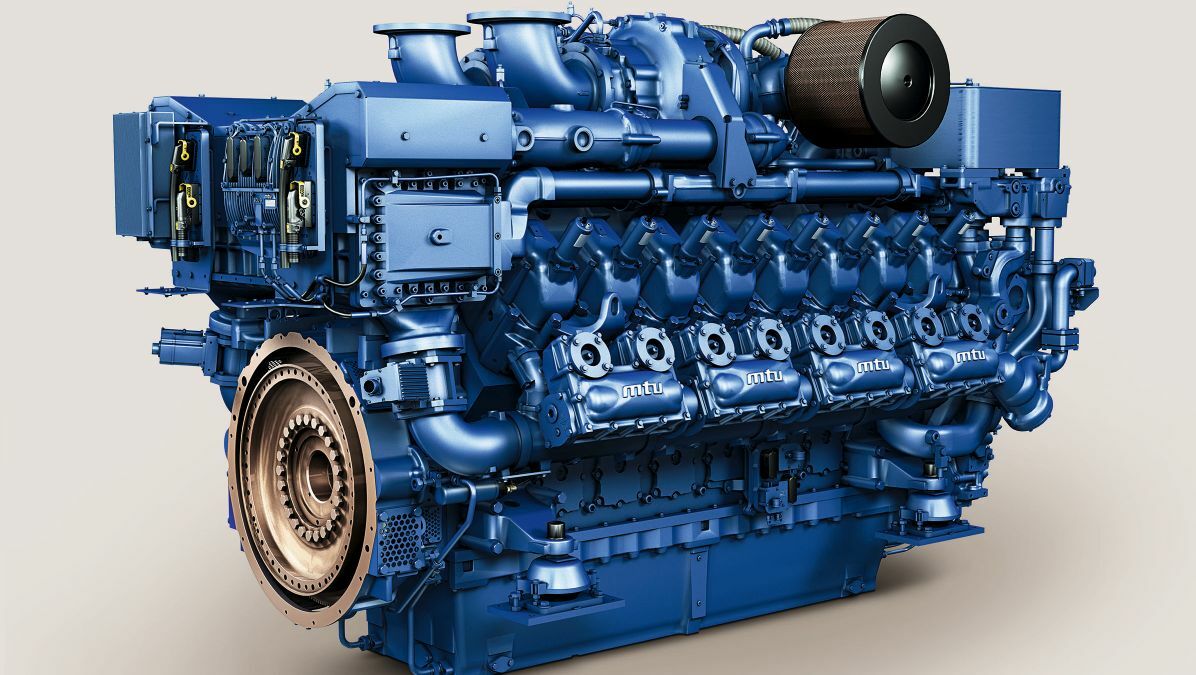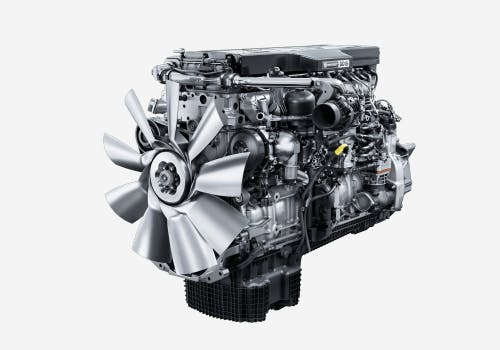A Complete Overview to Choosing the Right Engine for Your Task
Selecting the appropriate engine for your project is an important decision that can considerably impact its general success. It is crucial to carefully define your task needs, examine efficiency needs, and consider user-friendliness alongside various other important factors. In addition, comprehending the area assistance offered and scrutinizing cost effects can further fine-tune your choice. Each of these aspects plays an essential duty in guaranteeing that your selected engine not just fulfills immediate objectives however additionally lines up with long-lasting desires. As we check out these factors to consider, you may discover that the nuances of each facet reveal greater than initially expected.
Define Your Task Demands
Specifying your job requires is a crucial action in choosing the ideal engine for successful implementation. A thorough understanding of your project's goals will guide you in determining the features and capacities needed from an engine. Begin by outlining the range of your project, consisting of the desired performance, target market, and the particular end results you aim to attain.
Next, think about the technical demands that straighten with your project objectives. This includes examining the compatibility of the engine with existing systems, as well as the programs languages and structures that will be made use of. Furthermore, analyze the level of scalability needed to suit future growth or modifications popular.
Spending plan restrictions likewise play a crucial function in specifying your job needs. Develop a clear monetary framework to guide your decision-making process, making sure that the engine chosen fits within your budget while supplying the necessary performance.
Evaluate Efficiency Needs

Following, take into consideration the scalability of the engine. Evaluate whether it can deal with boosted work as your job expands. Engines that sustain straight scaling are usually better for bigger applications. In addition, evaluate the engine's efficiency under various problems, such as peak use situations, to ensure it satisfies your dependability standards.
Think About Simplicity of Use
While technical requirements are essential, the convenience of usage of an engine can substantially affect the development procedure and total job success. An intuitive interface, clear paperwork, and streamlined process can significantly decrease the learning curve for developers, allowing them to concentrate on imagination and analytical instead of facing complicated tools.
When reviewing an engine's simplicity of use, take into consideration the onboarding experience. A well-structured introduction, complete with tutorials and example projects, can promote a smoother transition for new customers. Furthermore, the clarity and comprehensiveness of the engine's documents play an essential function; thorough guides and API referrals can equip developers to fix visit this site and execute attributes efficiently.
An additional aspect to take into consideration is the engine's customization capacities. An engine that allows for simple alterations can be much more straightforward, as developers can tailor it to fit their details requirements without considerable trouble. Analyze the workflow combination with devices and systems you currently utilize. A cohesive environment can improve performance and lower friction during the advancement procedure. Eventually, choosing an engine that focuses on ease of use can bring about an extra enjoyable and efficient advancement experience.
Assess Community and Assistance
The strength of an engine's area and assistance network can considerably influence a programmer's experience and success. A vivid community frequently suggests a riches of shared understanding, sources, and repairing aid that can improve your project's advancement process. When evaluating an engine, think about the dimension and activity level of its community. Bigger communities normally offer extra online forums, tutorials, and third-party plugins, making it possible for developers to discover remedies extra efficiently.
Moreover, assess the accessibility of official support networks. Trustworthy documents, responsive consumer support, and routine updates are necessary for Engines For Africa dealing with technological problems and keeping your job on track. Engines For Africa. Active neighborhoods likewise foster partnership, giving possibilities for networking and comments, which can be important, especially for independent developers or little groups
Furthermore, explore the presence of community-run events, such as hackathons or meetups. These celebrations can enrich your understanding of the engine while linking you with skilled individuals and prospective partners. In recap, a durable neighborhood and support group not just improve advancement but likewise produce an environment favorable to finding out and innovation, ultimately improving the probability of your task's success.
Contrast Expense and Licensing Options
Budget factors to consider play an essential function in selecting the right engine for your job, as the price and licensing choices can substantially affect both temporary expenditures and long-term viability. Engines For Africa. Various engines use varying pricing frameworks, which can consist of single acquisition costs, membership versions, or revenue-sharing agreements based upon your task's revenues

Accrediting alternatives likewise differ substantially. Some engines are open-source, offering flexibility and community-driven assistance, while others might require proprietary licenses that restrict use and distribution. Comprehending the effects of each licensing design is crucial, as it affects possession civil liberties, future scalability, and potential lawful commitments.
Conclusion
In final thought, choosing the suitable engine for a task demands an extensive assessment of defined job requirements, efficiency needs, simplicity of use, community support, and cost factors to consider. By methodically resolving these important elements, decision-makers can make certain alignment with both future and present job needs. A well-informed option inevitably enhances the likelihood of task success, making it possible for reliable source allowance and making best use of possible outcomes within the defined budgetary restraints.
Choosing the ideal engine for your project is a crucial decision that can dramatically affect its total success.Specifying your task requires is a critical step in selecting the ideal engine for successful execution. A detailed understanding of your job's purposes will certainly direct you in determining the functions and capacities called for from an engine.As soon as you have a clear understanding of your project requires, the following action is to assess the performance demands of the engine.In conclusion, choosing the ideal engine for a project necessitates a thorough assessment of specified task demands, performance requirements, ease of use, neighborhood support, and expense factors to consider.